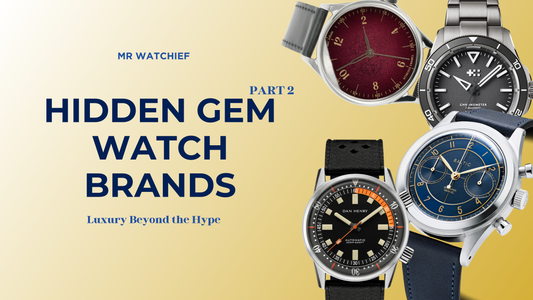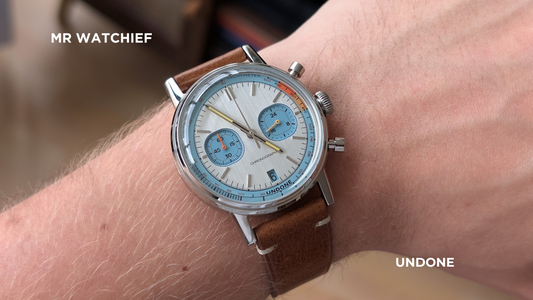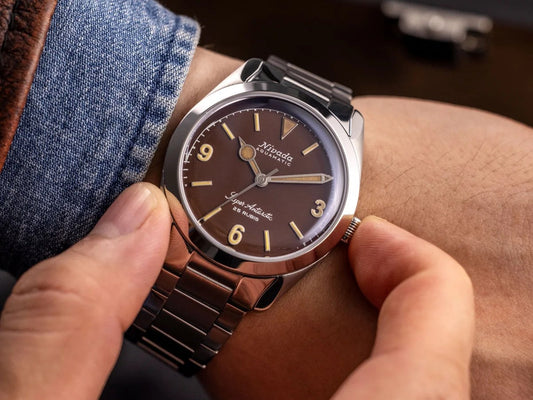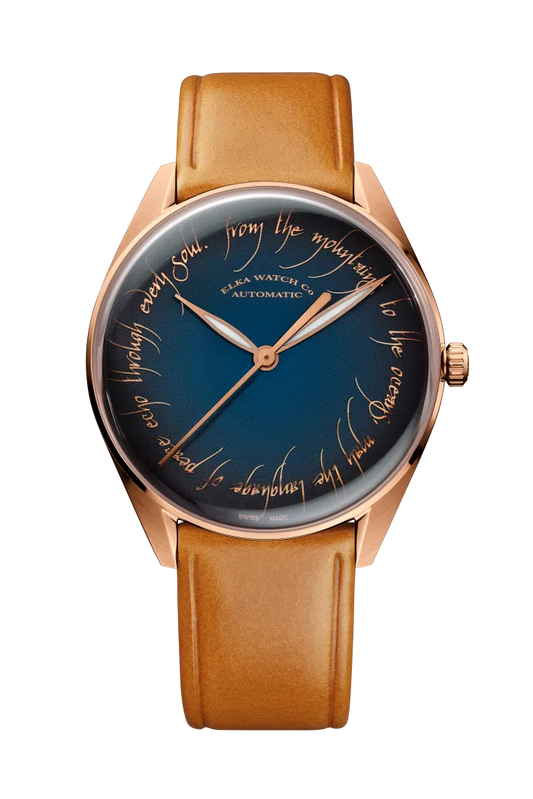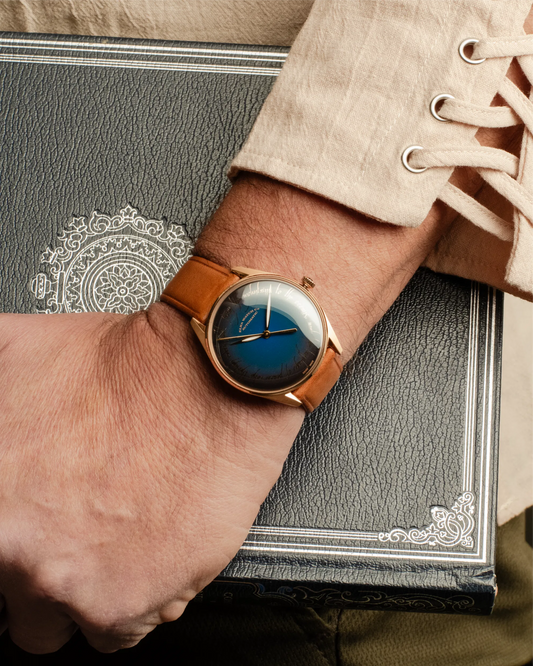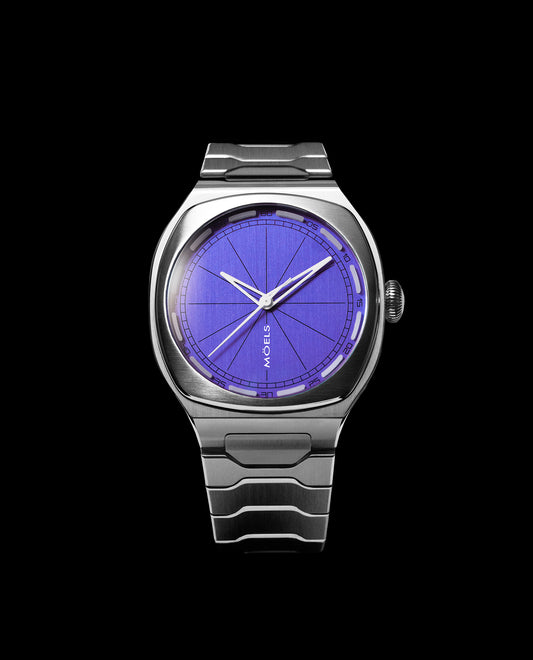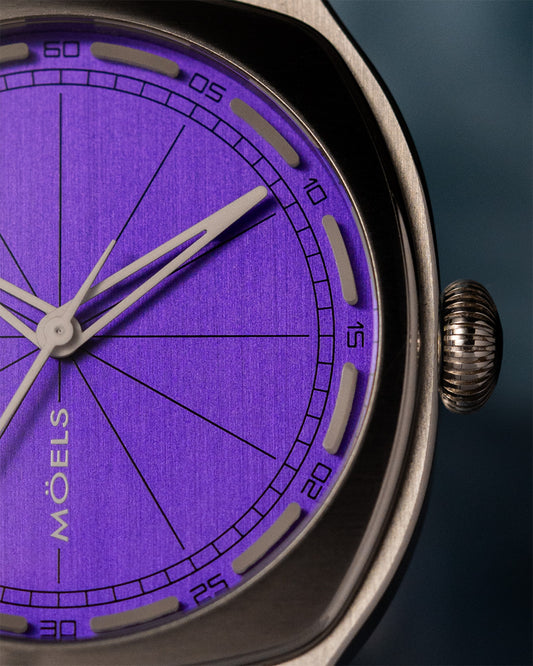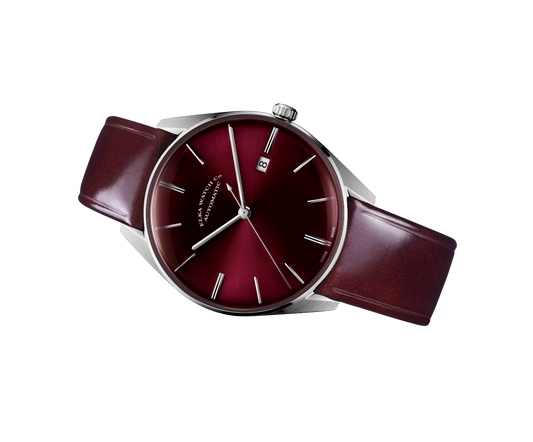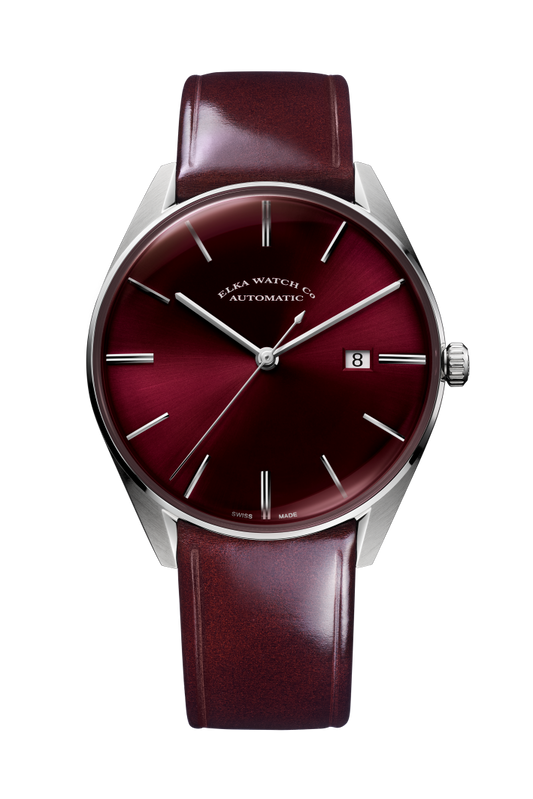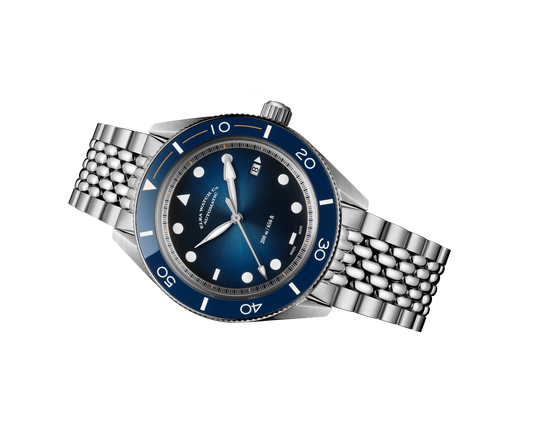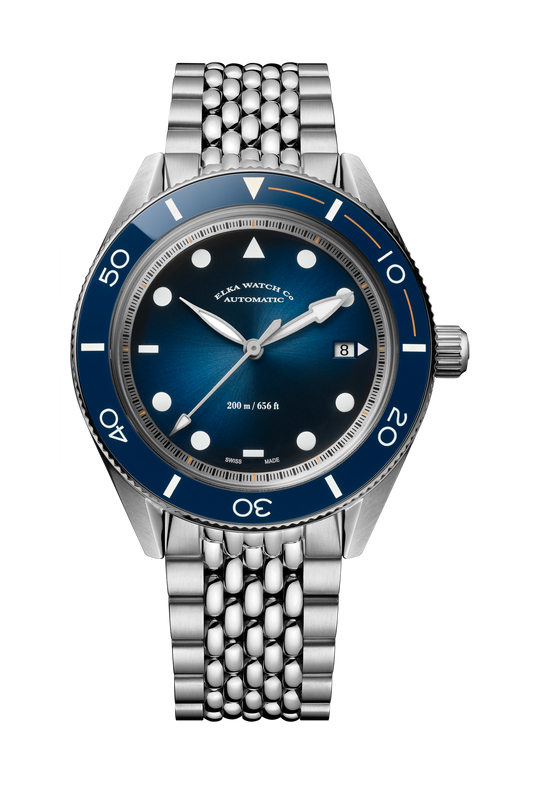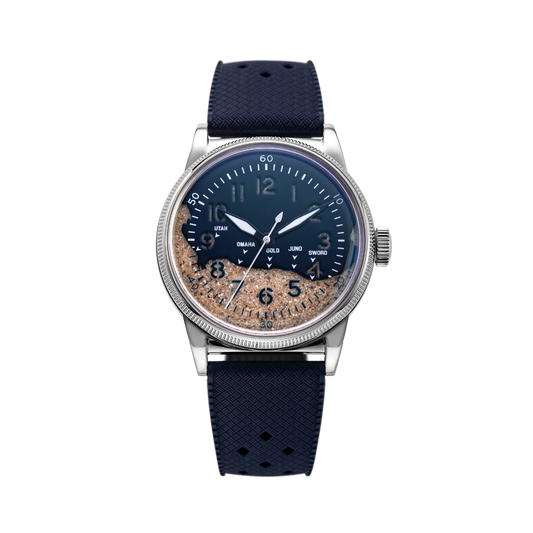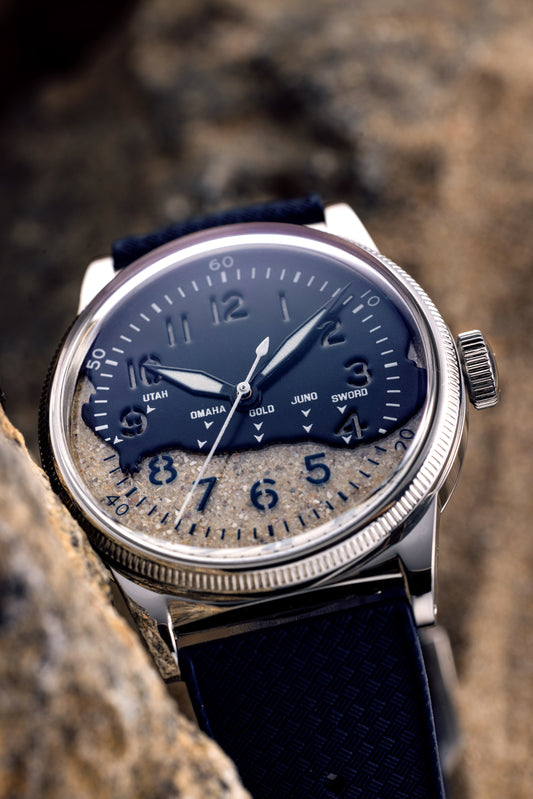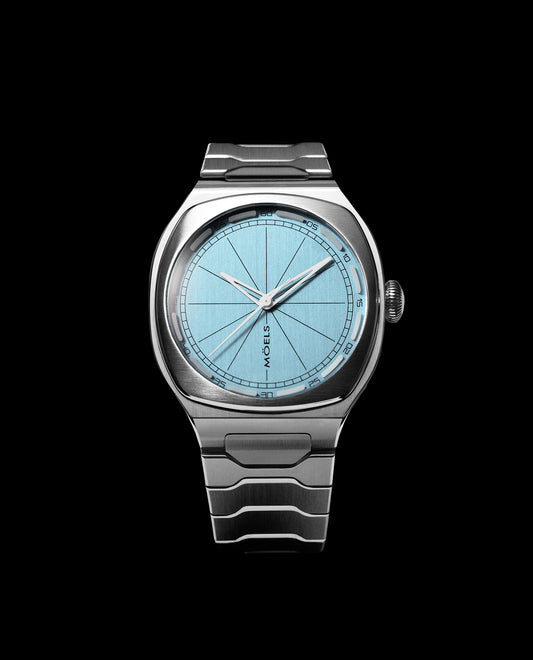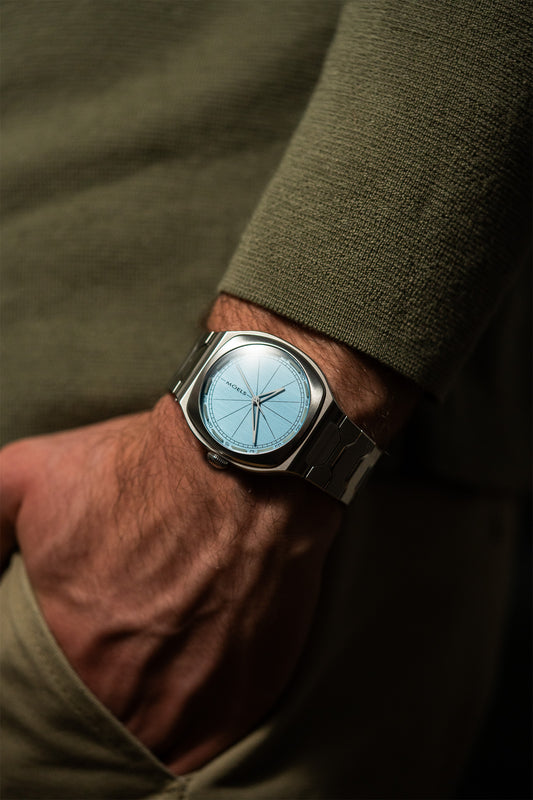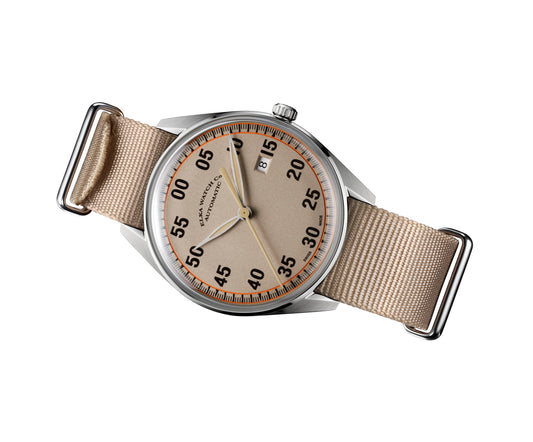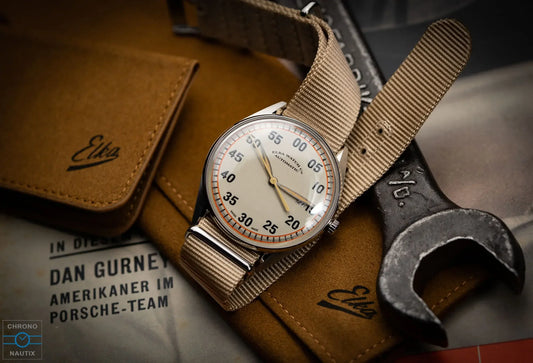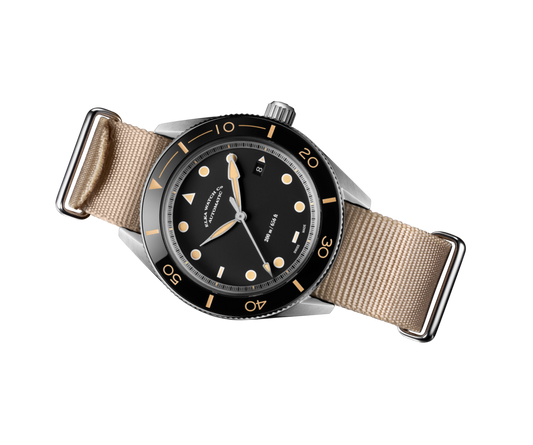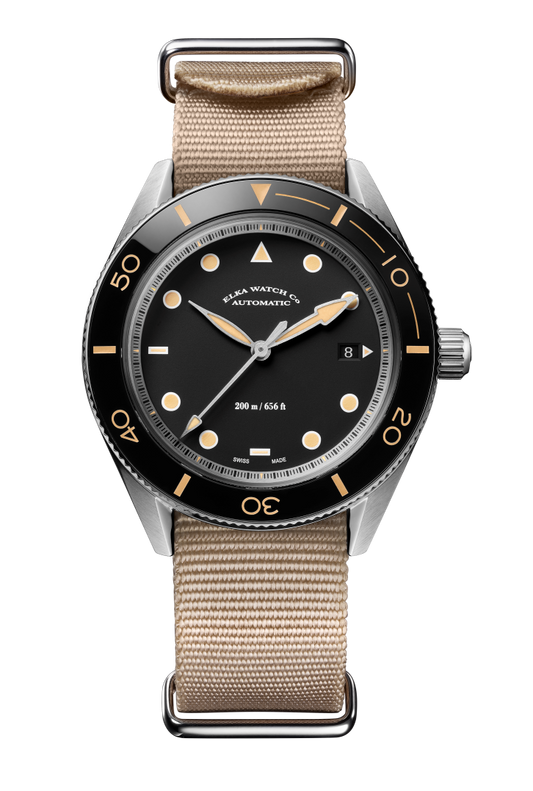When it comes to choosing the right watch, one of the most important decisions is the movement. The three main types are Quartz, Automatic, and Manual (Hand-Wound). Each got their own strengths, weaknesses, and characteristics.
But which should you choose? Whether you're a collector, an enthusiast, or just looking for your first quality watch, this guide will break down the key differences and help you make the best choice. First we showcase a cheat sheet for anybody that wants a quick answer. But if you are still second guessing, more details of each movement are shown further down the blog.
Which Watch Movement Should You Choose?
🔹 Go Quartz if you need precision, reliability, and affordability with zero maintenance.
🔹 Go Automatic if you want traditional mechanical craftsmanship with the convenience of self-winding.
🔹 Go Manual if you appreciate heritage, artistry, and don’t mind winding your watch daily.

Picture: What's the coolest quartz movement of all time? | WatchCrunch
1. Quartz Movement: Precision & Convenience
How It Works
Quartz watches are battery-powered and use a tiny quartz crystal to regulate time. When the battery sends an electric current through the crystal, it vibrates at a precise frequency, keeping incredibly accurate time.
Pros ✅
✔️ Highly Accurate: Loses only a few seconds per month, which is far more precise than mechanical movements.
✔️ Low Maintenance: No need to wind; just replace the battery every few years.
✔️ Affordable: Typically less expensive than automatic or manual watches.
✔️ Durable: Fewer moving parts mean better resistance to shocks and environmental conditions.
Cons ❌
❌ Lacks Mechanical Craftsmanship: Not as appreciated by collectors due to mass production.
❌ Battery Dependency: Requires battery changes every 2-5 years.
Best For:
If you want a no-fuss, ultra-reliable, and affordable watch, quartz is the way to go. Great for daily wear, sports, and casual activities.

Picture: The Automatic Watch Movement: The Ultimate Watch Guide
2. Automatic Movement: Tradition Meets Convenience
How It Works
Automatic watches are self-winding mechanical watches that use a rotor inside the case to wind the mainspring as you move your wrist. This means they stay powered as long as you wear them regularly.
Pros ✅
✔️ No Battery Needed: Runs on wrist movement, making it more eco-friendly.
✔️ Mechanical Craftsmanship: A favourite among enthusiasts for its complex engineering.
✔️ Smooth Sweeping Seconds Hand: Unlike quartz watches, which tick once per second, automatic movements create a smoother motion.
Cons ❌
❌ Less Accurate Than Quartz: Typically gains or loses a few seconds per day.
❌ Needs Regular Wearing or a Watch Winder: If not worn, it stops and needs resetting.
❌ More Expensive: Higher-end craftsmanship leads to a higher price tag.
Best For:
Perfect for watch enthusiasts and collectors who appreciate craftsmanship but want the convenience of self-winding. Best suited for luxury, dress, and everyday wear watches.
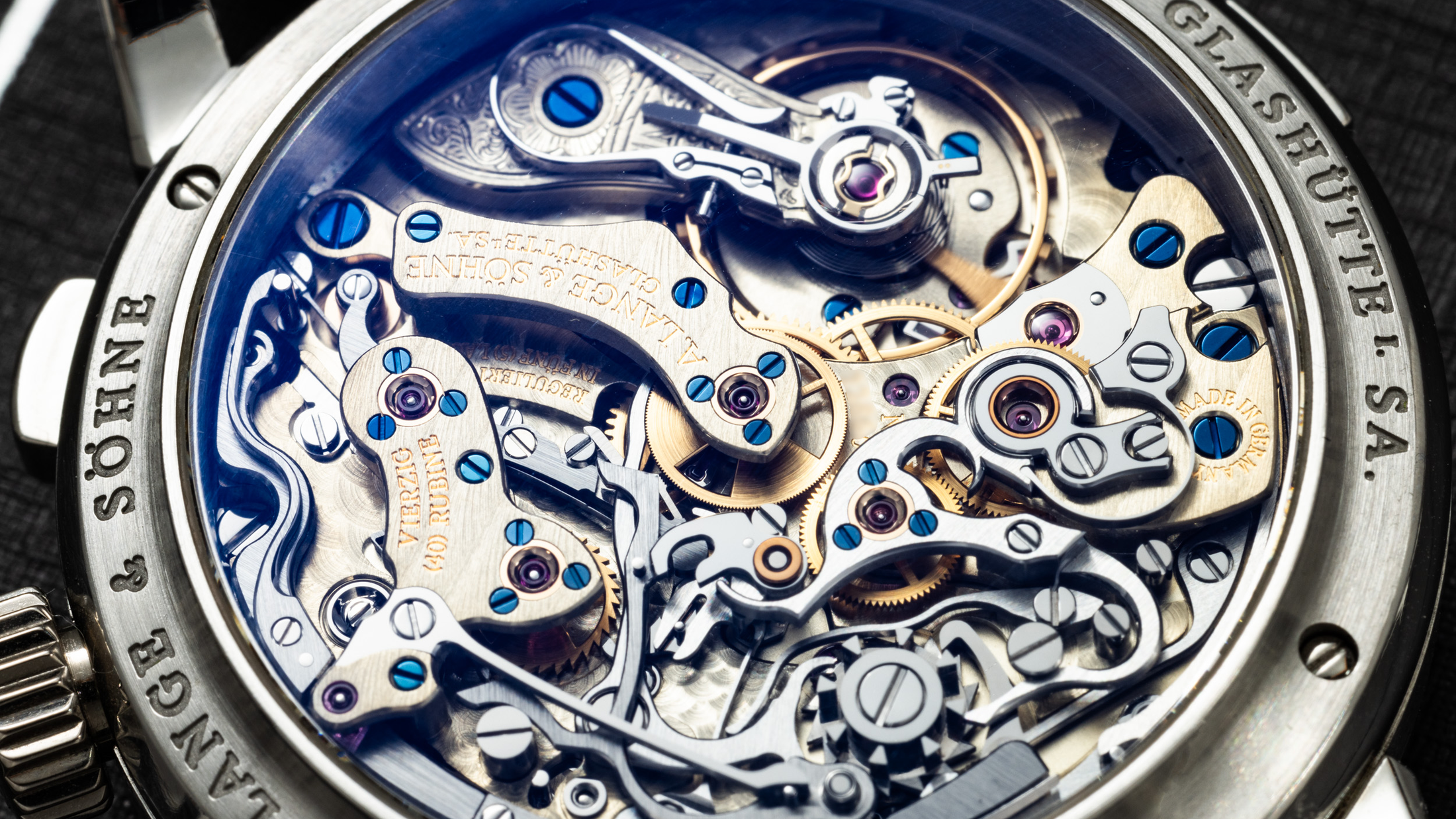
Picture: A Guide to Movement Finishing – Analog:Shift
3. Manual (Hand-Wound) Movement: Pure Mechanical Artistry
How It Works
Manual watches (also called hand-wound watches) function just like automatics but require daily winding. You turn the crown to tighten the mainspring, which slowly releases energy to power the watch.
Pros ✅
✔️ Ultimate Mechanical Craftsmanship: The purest form of traditional watchmaking.
✔️ No Rotor = Thinner Watches: Many dress watches use manual movements to achieve a sleek profile.
✔️ Satisfying Ritual: Many collectors love the daily interaction of winding their watch.
Cons ❌
❌ Must Be Wound Regularly: Forget to wind it, and it stops running.
❌ More Fragile Than Quartz: Sensitive to shocks and magnetic fields.
❌ Expensive: Often handmade, making them pricier.
Best For:
Ideal for watch purists, collectors, and those who appreciate old-school craftsmanship. Best for dress watches and high-end horology pieces.
"So which movement should I choose?"
Ultimately, the best movement is the one that suits your lifestyle and appreciation for watches. Whether you choose the precision of quartz, the heritage of automatic, or the charm of manual, each movement has its own appeal. Check out some of each type in our watch store, maybe that will make the final vote happen (MR WATCHIEF | Watch Store To Celebrate Your Dreams).
Which type of movement do you prefer? Let me know in the comments!


